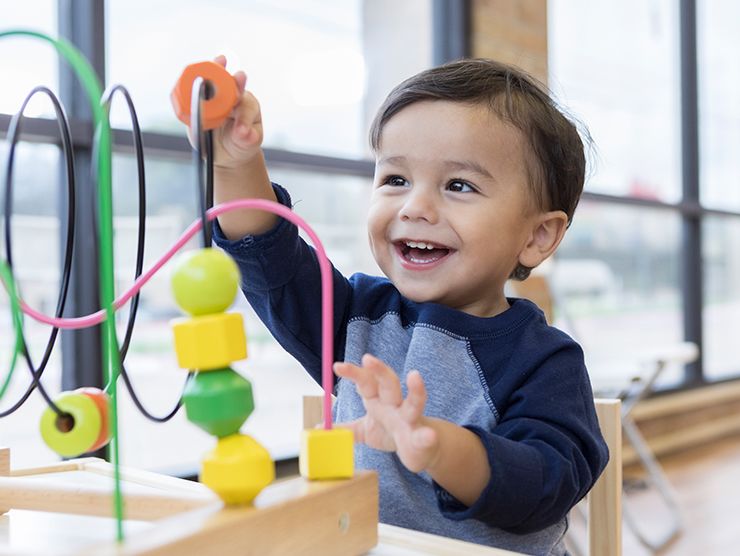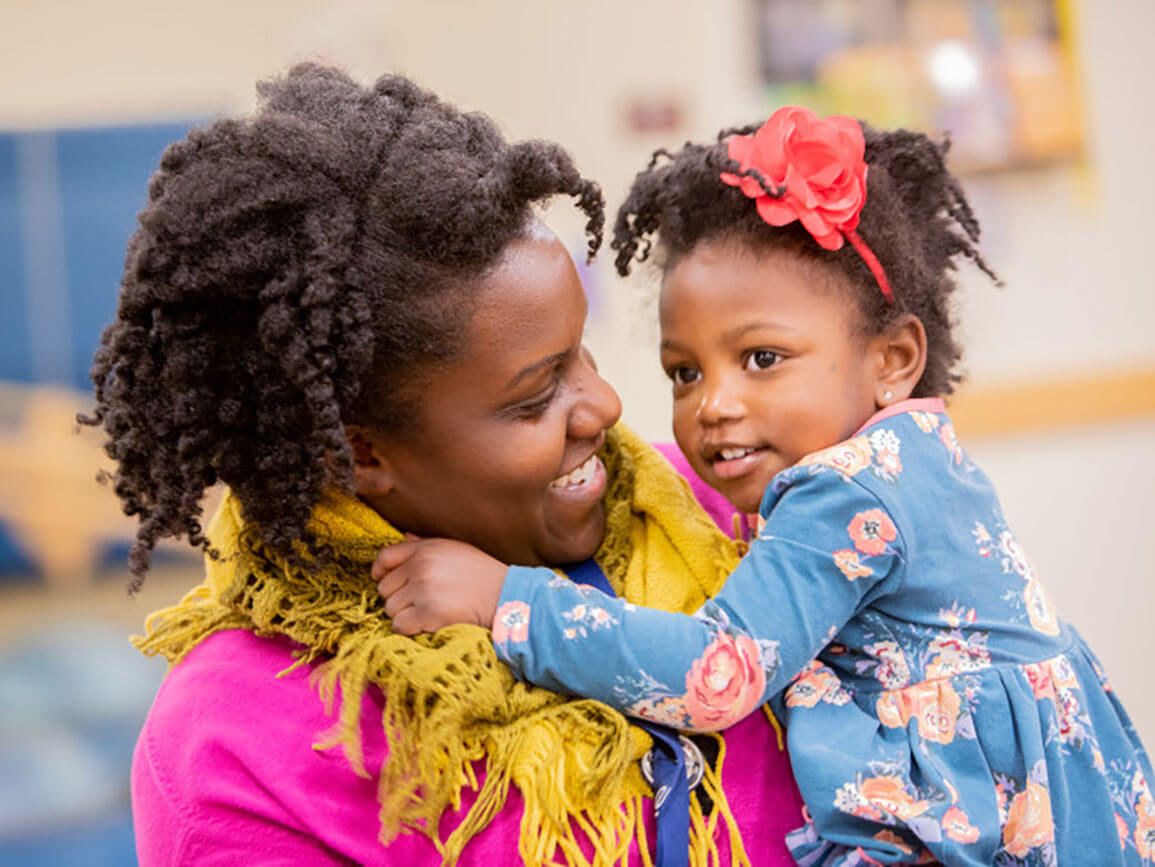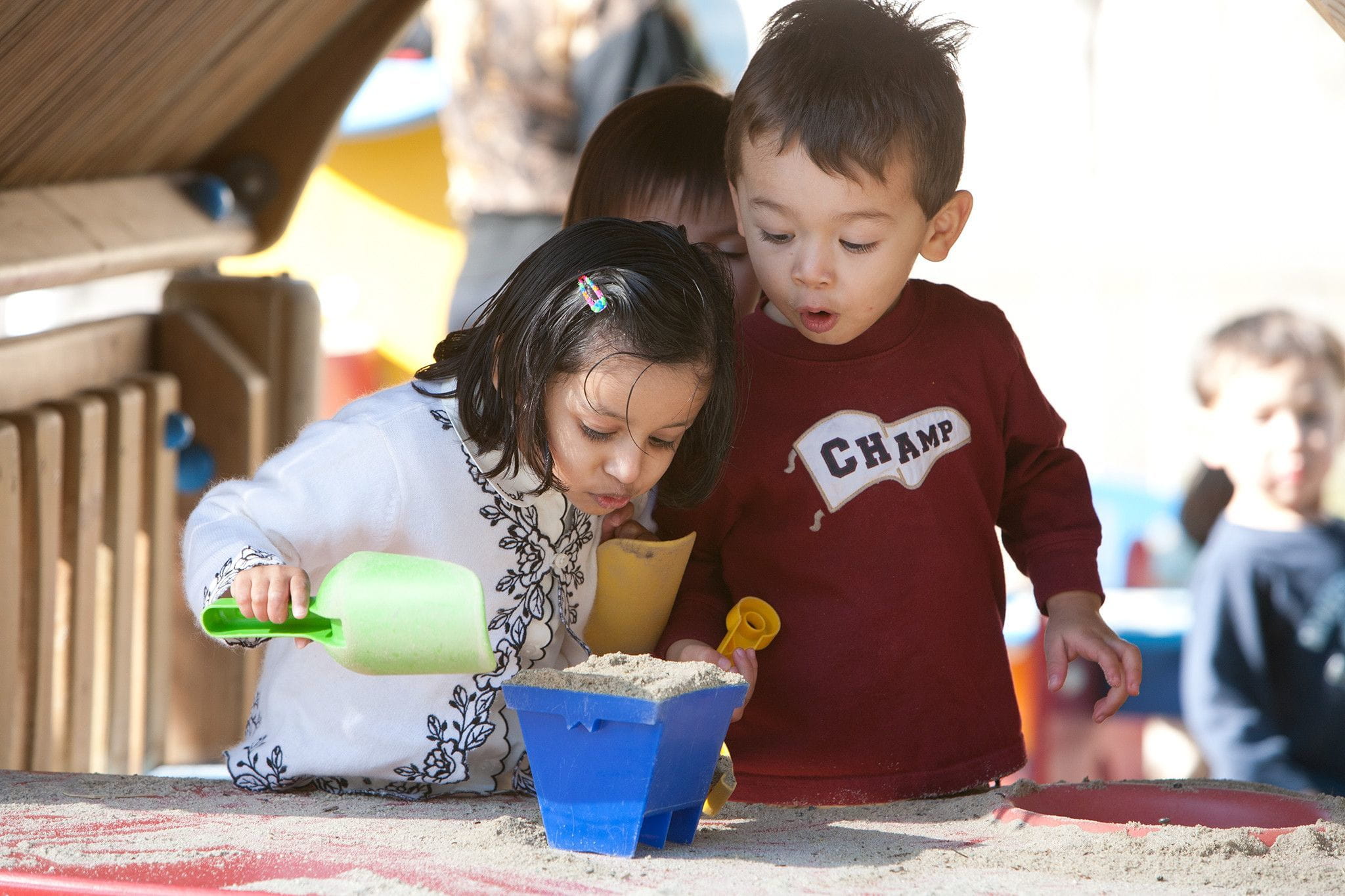The decision of what age to enroll your child in kindergarten may seem like a trivial one on the surface. As your child approaches the age when most children begin kindergarten, you might find yourself wondering if they’re truly ready to take that next, big step. This decision is one that merits deep consideration and varies from child to child, depending on developmental milestones, emotional readiness, and state or local school requirements.
What age do kids start kindergarten?
Every state and local school district has their own guidelines regarding the minimum age a child must be to enroll in kindergarten. The most common perception is that all children start kindergarten at age five. Yet, according to the Education Commission of the States, only 17 states and the District of Columbia even require that children attend kindergarten.
For the rest of the states, compulsory education doesn’t start until age six or later, leaving parents with the choice of whether to send their child to kindergarten at age five, or consider “redshirting” them.
What is "redshirting"?
Sports fans have likely heard the term “redshirt” before. In college athletics, it refers to younger players, typically freshmen, who are deliberately benched for a year to adapt physically and mentally to the college level of competition.
The same principle applies in early childhood. Parents may choose to “redshirt” their children – i.e. delay the start of kindergarten until age six – to allow for increased time for social, emotional, cognitive and/or physical growth and to give them time to prepare for the enhanced responsibilities associated with starting formal schooling.
In a survey conducted by Morning Consult and Ed Choice, 12 percent of parents with school-age children report having redshirted a child.
However, it’s important to note that academic preparedness is far from the only factor to consider when assessing if your child is ready to start kindergarten.
Developing factors during the "kindergarten age"
Social-Emotional Skills
We know that children’s interests in friendships and socializing vary depending on factors like temperament and personality. Some children are natural social butterflies while others are happy with a small group of friends.
However, all children need basic social skills such as knowing how to ask for a turn, share materials, or join a group in order to thrive in kindergarten and beyond. Social-emotional skills also include recognizing and managing feelings, showing empathy, and understanding another’s perspective.
In a recent survey of Bright Horizons child care center users, 95% of parents were impressed by their child’s social-emotional skill development.
Executive Function
Executive function refers to the brain work that happens behind the scenes and allows learning to take place. It includes focus and attention, listening and following directions, remembering details, planning actions, and delaying impulses.
Thinking and Learning
In addition to executive function, young children are learning how to ask questions, solve problems, and think creatively. They’re also learning to work in groups, communicate, and collaborate.
Academics
A lot of focus is placed on recognizing letters and numbers, and these are important skills, but they are only the beginning of school readiness.
There is more nuance to academic success than merely being “good” at school. Learning to read, for example, involves several processes such as recognizing letter sounds, understanding print concepts (i.e. the fact that print runs from left to right and top to bottom), and most importantly, finding joy in learning.
How to determine your child's school readiness
As your child enters the pivotal school-age years and the choice of starting kindergarten looms, it is important to remember that you are in charge. You know your child better than anyone else and you know what is best for them.
If you feel they’re ready for the leap to kindergarten at age five, great. If you’d rather they stay back for a redshirt year to build the requisite social-emotional skills, that’s great too.
There’s no objective right or wrong here. Every child is unique and progresses at a different rate.
Do what’s best for your family and your child.
Kindergarten that develops the whole child
Looking for a kindergarten program that will meet your child’s unique needs? Bright Horizons’ kindergarten leverages our proprietary Discovery Driven Learning framework. This hands-on philosophy of learning encourages your child’s natural curiosities, giving them the academic and interpersonal skills needed to have success in school and in life. Learn more about what Bright Horizons kindergarten programs can offer your family.

.ashx?as=1&h=556&w=740&la=en&hash=82B89EE0F2CFFE8882F8DDFDD2B2F4A8)



